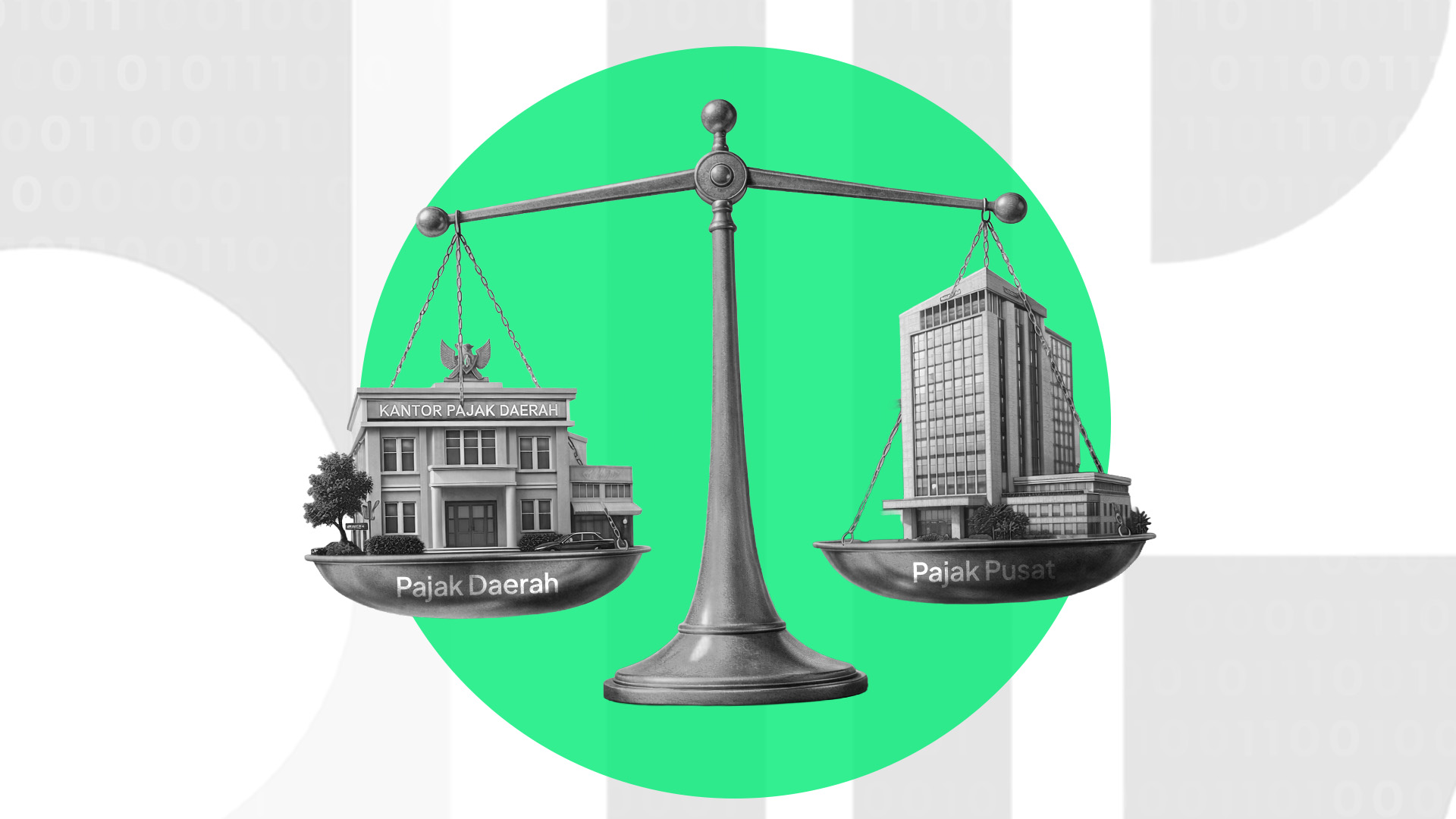When your company gets used to managing documents digitally, the threat of document forgery arises. Every day, companies across various industries handle important documents such as contracts, financial records, and legal agreements, all of which are highly vulnerable to manipulation.
Data shows that in Indonesia, document forgery 67% involve contracts, 69% involve financial documents, and 55% involve legal documents.
The risks of document forgery can result in significant losses for companies, ranging from the unwanted spread of sensitive information to the adverse impact on a company’s reputation. When the authenticity of critical documents is compromised, the trust of clients and business partners may be lost, ultimately harming the business both financially and in terms of reputation.
Let’s take a closer look at document forgery and a case example!
What Is Document Forgery?
Document forgery is the act of altering, fabricating, or imitating documents with the intent to deceive. This can happen to various types of documents: contracts, invoices, declarations, and even legal agreements.
Many businesses assume that document forgery cannot occur once a document is signed. In reality, manual signatures can be forged or altered.
With the growing digitalization of business processes, fraudsters are becoming more sophisticated in forging and manipulating documents. This can involve small changes like modifying dates or amounts on invoices, to large-scale changes in contracts that completely alter the terms of an agreement.
Common Methods of Document Forgery
There are several common methods used in document forgery:
1. Forging Signatures
One of the most common forms of document forgery is forging signatures on contracts or agreements. Someone with malicious intent can easily replicate a signature or even digitally alter it on scanned documents, making it appear authentic. This is especially dangerous in high-stakes agreements like employment contracts or vendor deals.
2. Altering Existing Documents
Fraudsters can take a legitimate document, such as an invoice or contract, and alter critical details. This method can involve changes to dates, payment amounts, or even the terms and conditions of the agreement. With manual processes, it is often difficult to trace or verify these changes.
3. Creating Fictitious Documents
Fraudsters can also create entirely fictitious documents that closely mimic legitimate ones. These fake documents are used to defraud money, create non-existent transactions, or cover up other fraudulent activities.
Document Forgery Case Example
Let's take a look at this scenario. A law firm was handling a collaboration agreement between two large companies. One party submitted a contract that looked legitimate, but they didn’t realize that the signature on the document had been forged. Because they still used manual signatures, the affected party only discovered the forgery after experiencing financial losses from the invalid contract.
What are the negative impacts on the law firm?
1. Legal and Financial Losses
- Invalid Contract: A contract signed with a forged signature is not legally binding, meaning the entire agreement can be nullified.
- Lengthy and Costly Litigation: The law firm could become entangled in lengthy and costly litigation processes to resolve the legal issues arising from the forged contract. Court fees, arbitration costs, and attorney fees could add up quickly.
- Compensation Liability: If the law firm fails to identify the forged signature, they may be required to compensate the client for negligence. This can significantly strain the firm’s finances.
2. Damage to the Firm's Reputation
- Loss of Client Trust: Clients rely on law firms to protect their interests. If a law firm becomes involved in a contract with a forged signature, the clients' trust in the firm's competence and integrity will be seriously damaged.
- Decline in Clients: Clients who feel wronged due to the use of forged signatures may stop using the law firm’s services, leading to a drop in clients and revenue.
3. Internal Audits and Investigations
- Regulatory Oversight Risk: If the fraud is uncovered, regulators may launch an investigation into the law firm, adding legal complications and threatening the firm’s survival.
- Lawsuits from Other Parties: If other parties affected by the forged contract file lawsuits, the law firm could face legal action for negligence or involvement in the fraud, further compounding their existing legal troubles.
The term "forged documents" is one we hear often. Unfortunately, there is still limited understanding of how dangerous document forgery can be, especially as companies shift to digital document management.
Protecting contracts, payroll data, and other critical documents should be a top priority to avoid financial loss and reputational damage.
VIDA Sign is a digital signature solution designed to ensure the security and authenticity of important documents. With VIDA Sign, each signature is verified using biometric technology and digital identity, ensuring that only authorized individuals can sign the document.
This layer of security helps businesses avoid the risks of forgery and manipulation that often occur with manual signatures.

.png)

.jpeg)
